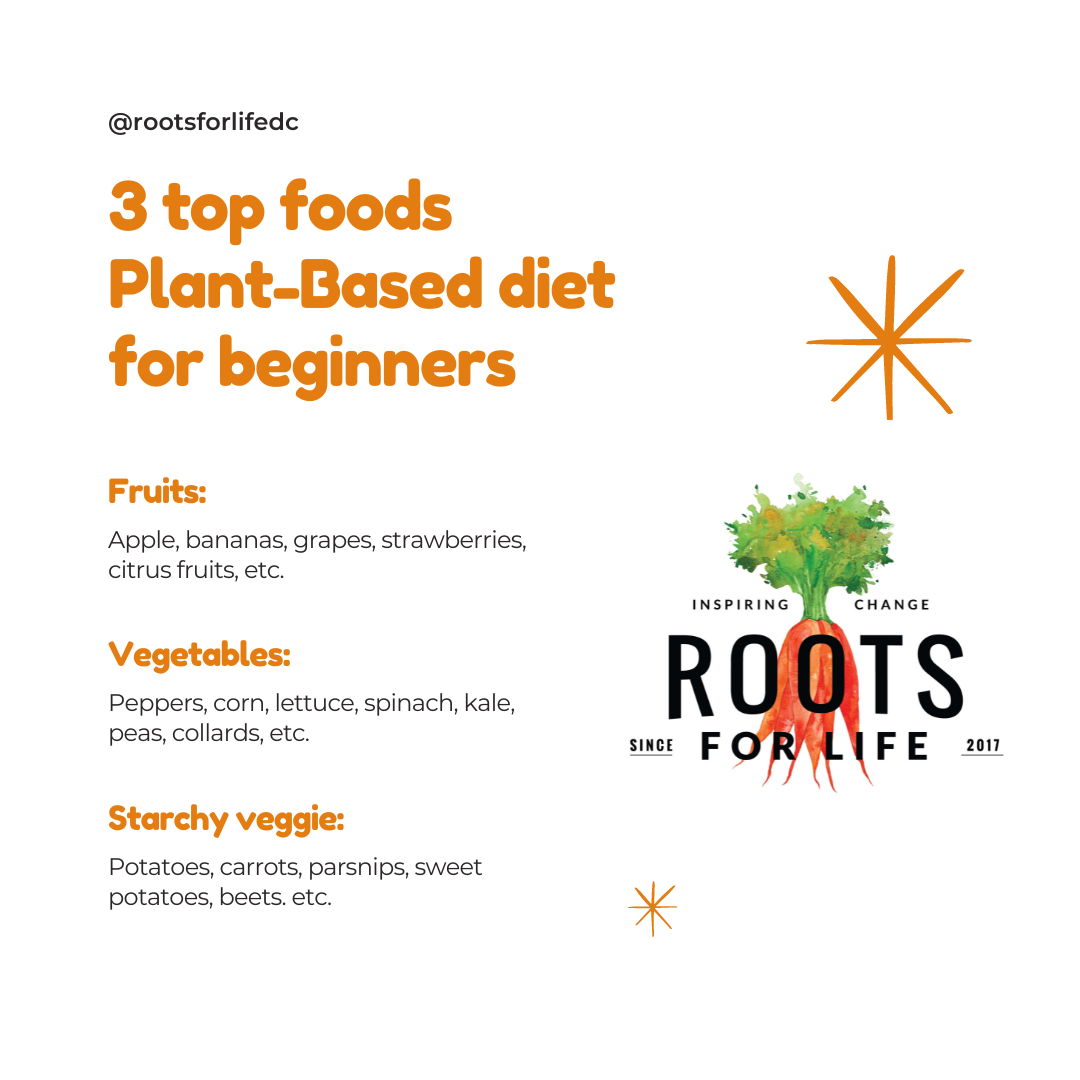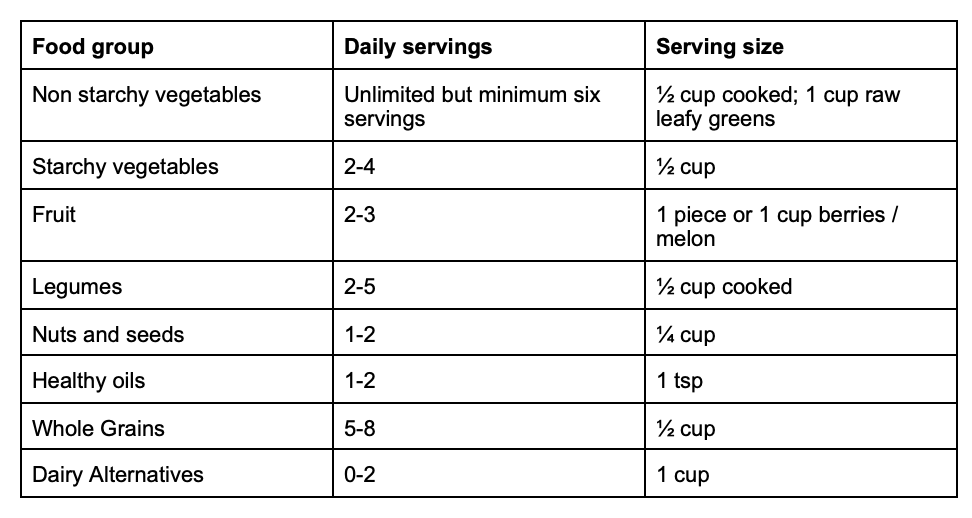Plant-Based Eating
By Daira Djuric
Volunteer
Plant-based diets emphasize the consumption of plant-based foods rich in vitamins and minerals and minimize the consumption of processed animal-derived foods. The diet consists of whole foods like vegetables, fruits, whole grains, legumes, herbs, spices, nuts, and seeds. It restricts or eliminates consumption of meat, fish, dairy, and eggs, as well as highly refined foods, bleached flours, refined sugar, and oil.
There is no doubt that following this diet and using a "food is medicine" approach can truly transform and enhance your health and have a profound impact on how you look and feel inside and out.
Focus is on balanced whole foods diet rather than an obsession with individual nutrients, which has spawned a billion-dollar supplement industry. As an alternative, let's keep it simple and focus on a varied balanced diet that provides us with all the nutrients, carbohydrates, fats, and protein we need to live a healthy life.
Food groups to include:
VEGETABLES: The ultimate food, nutrient dense and abundant in vitamins, minerals, and fiber.
FRUITS: They are a tasty and easy way to get antioxidants into your diet, especially berries. Eat a variety of colors to gain a greater variety of nutrients. Avoid juices because they lack fiber.
FIBER: The intake of fiber in the diet is linked to lower rates of cancer and other chronic diseases. Fiber is only found in plant-based foods.
LEGUMES: Rich in protein, fiber, calcium, iron, and B vitamins. Essential in any plant-based diet.
WHOLE GRAINS: Such as quinoa, oats, and rice. A good source of protein, fiber, and essential minerals like zinc, calcium, and magnesium. Whole grains can also be eaten as whole grain breads, tortillas and pastas but are not as nutritious due to the processing process.
NUTS AND SEEDS: Great sources of healthy fats such as omega 3 in flax and chia. They are also rich in protein and calcium. They help to feed the good bacteria in your guts, known as a prebiotic.
Food groups to avoid:
Meat and fish
Eggs
Dairy
Refined grains and added sugar
Processed oils
Saturated fats
It is very important to emphasize the importance of starting a plant-based diet for a legitimate reason not just an experiment of yet another diet. While plant-based diets can be an absolutely fantastic way to eat for health and longevity, at the same time, if not done properly plant-based diets may cause various nutrient deficiencies.
Before starting any diet, please consult your physician or a nutritionist and possibly run a thorough lab panel to identify what would be the best approach for you.
Start where you are today. You are unique and your journey to eating a mainly plant-based diet is yours and yours alone. Start to think of a normal western diet at one end of the spectrum and a whole food diet at the other end. Our aim is to slowly transition along the spectrum to a more plant-based whole food diet becoming the rule of thumb and that processed, packaged, animal-based foods are the exception to the rule. Make a goal each week that’s achievable. Write down a goal and identify specifically how you intend to reach it. And stick with it because the best results will come when you fully adopt a whole food plant-based diet, and it will become easier with time and the new norm for you and your family.


